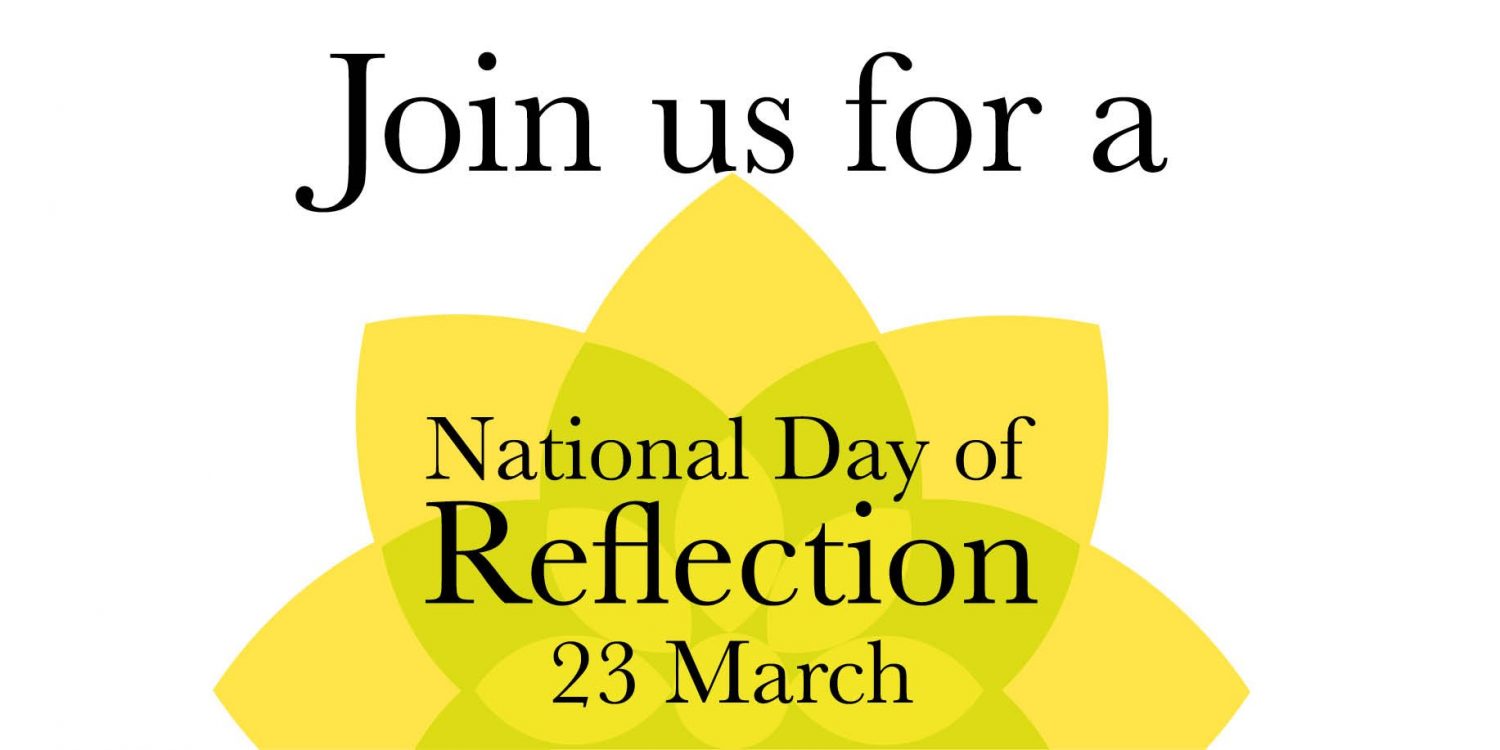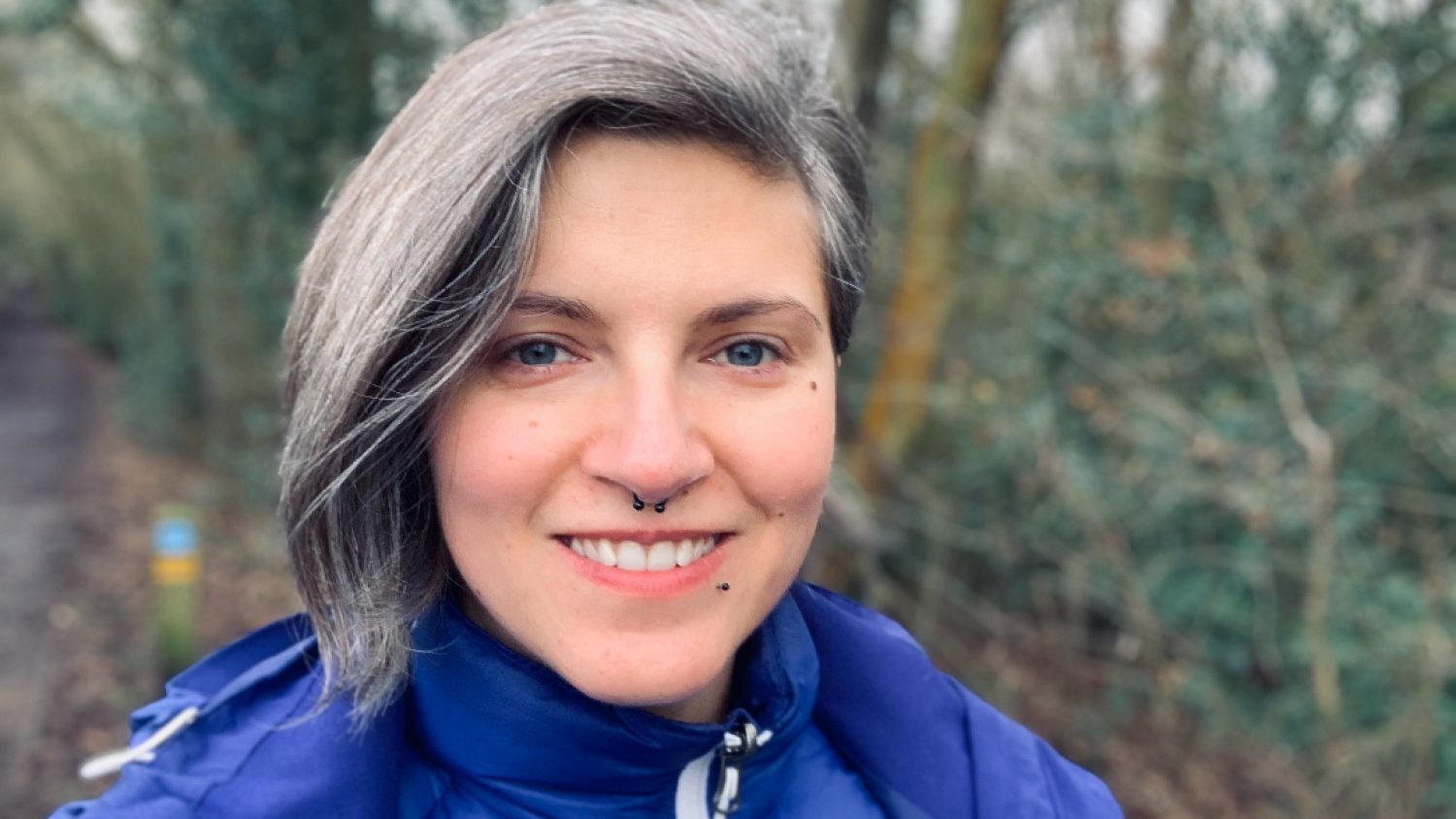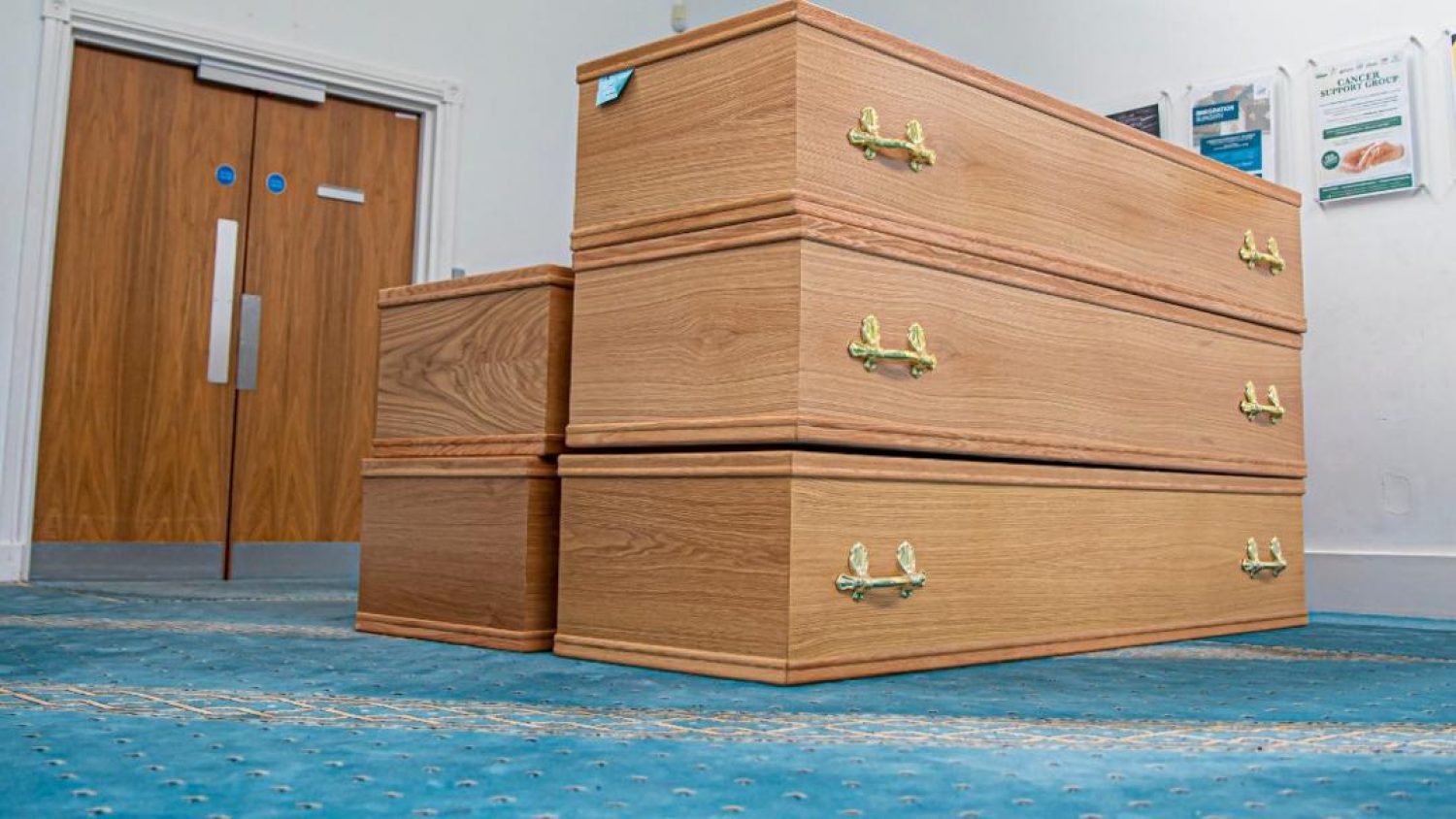Five minute read
23 March 2022 was a national day of reflection in the UK, when we remembered the people who had died from Covid-19 over the previous two years.
At Poppy’s, we had to adapt rapidly to new Covid-19 restrictions and do things differently without losing sight of our values. We had to support our clients to navigate the changes. We worked alongside celebrants, cemetery workers and healthcare professionals, witnessing the huge impact of pandemic on them.
It has been difficult, frustrating, frightening, uncertain and exhausting at times over the last two years. But it has also provided a deeper understanding of the importance of good death care and led to changes and innovations that we can all learn from.
The report, ‘British Ritual Innovation under Covid-19’, chimes with much of our experience. So we spoke to Dr Paulina Kolata, one of the report’s authors, to try to understand the bigger picture.
When did you start your research and who did you speak to?
I didn’t start the research until October 2020. By then, there was a lot of grief, but people were already starting to take a retrospective view. We had dealt with the crisis moment, now people were consciously adapting.
At first, it was all about finding a solution in that moment. There was no time for conversation, except a conversation about how to get something done.
I spoke to celebrants, funeral directors, religious leaders, and bereaved people. There was such a wide spread of world views, beliefs and values. I really appreciated them giving their time to talk to me, sometimes late at night or on the way to a funeral.
I wanted to speak to a lot of people to understand where their context allowed for flexibility and adaptation and when it did not.
In the course of your research, people shared some really difficult experiences with you. Can you give any examples of the kind of challenges that people working in death care faced during the pandemic?
I spoke to a small funeral directors, with only two core staff. Both the staff were vulnerable themselves, so could not provide the care that they wanted to during the pandemic.
It was heartbreaking for them. They couldn’t put themselves at risk, but they felt it almost went against their own values of care.
In Northern Ireland, guidelines were so strict. Cemeteries closed their gates so that people couldn’t even gather outside around the grave.
People spoke to me of the shock of being made to stand outside the gates, watching the funeral on a tiny TV screen. Crematoria and cemeteries were trying to protect their staff, they knew they didn’t have the resources if they all got ill.
The biggest frustration that people had across the board was the vagueness of the government guidelines, the way you were left to interpret them for yourself, with little knowledge or support. People were worried about putting their own families at risk.
One change that’s been obvious, in every area of life, has been the increased use of communication technology. How did this influence death care during the pandemic?
In so many ways, not just through the live-streaming of funeral ceremonies. For example, more people started using videographers and photographers for funerals.
One videographer explained to me that often clients don’t want to watch the video afterwards — but they do want to capture the moment, and to know that they could revisit it if they wanted to. Death is traumatic and sometimes we don’t remember what we did while we were grieving.
I also spoke to humanist celebrants. Technology made it possible for them to watch a recording of themselves conducting a ceremony and to reflect on and improve their practice. Many had never had to do a ceremony online before and it inspired them to be more creative.
The pandemic created a consciousness of the need for flexibility and accommodation. I am not sure it will stick, but I hope that it’s started something.
Funeral directors who never thought of asking before whether someone would like film or photos at a funeral, or if they would like it live-streamed, now ask as a matter of course.
If we are thinking about sustainability, people not travelling long distances to funerals could be a good thing. Whether this is acceptable will vary between cultures and individuals, depending on how important personal contact is for them.
But this change is not universal. For example, when my partner’s grandmother died recently, I couldn’t arrange my work to go to the funeral. I asked if there was a live-stream, but that wasn’t available. It was upsetting to know that I couldn’t participate.
Another, less obvious, impact of the pandemic was that community-based death care networks gained in importance. Can you tell us a bit about that?
In Jewish, Muslim and Hindu communities, a lot of death care happens within the community. Religious leaders — but also funeral directors and community leaders — played a role in translating administrative language into messages that made sense for their communities, often by evoking common values.
During the pandemic, I spoke to Muslim religious and community leaders who communicated with the wider community when someone died.
They told people not to visit or bring food to the family as they would normally do, but to pray differently, using the teachings of the Prophet and the Quran to explain to people why they couldn’t go to the mosque.
You say in the report that death care is ‘ordinarily invisible’. Do you think the pandemic has made death care any more visible?
During the pandemic, death became a headline. It became numerical. This was hard for those who were bereaved — their mother, sister or friend was more than just a number. Death care remained invisible, hiding behind the graphs.
People are often uncomfortable with the dead, despite our emotional attachment to the person who has died, so we often outsource their care to someone else. It feels too much when we are grieving, everything is in a haze and we don’t even see the people involved in the journey.
I’d like to see more visibility and conversation, an understanding that death care is really hard and important work. One thing I have noticed is that the pandemic has made people think more about what a dignified death is, and what they would or wouldn’t want for themselves.
This is a cultural conversation that needs to happen, but the ‘getting back to normal’ narrative makes this harder. There is no going back, we are in the here and now, but the pandemic has taught us to be open to different ways of doing things.
We need to try and push the conversation open so that we see death care as a normal part of life.
Read the full report and listen to this podcast about the research.
Find resources for support with grief and bereavement.
To stay in touch with all the latest news and updates from Poppy's by email, sign up here or contact us if you need help planning a funeral.


